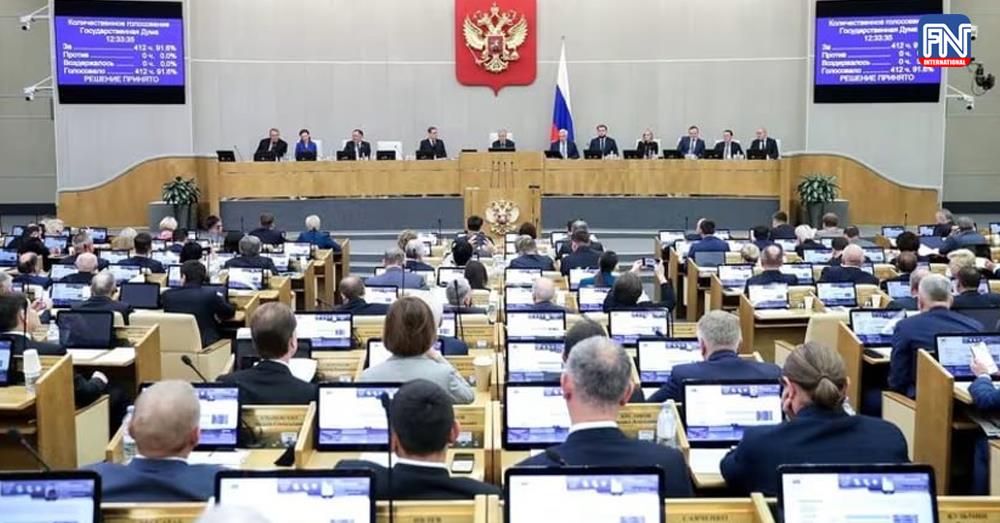(MOSCOW): Oct 18 (Reuters) - Russia's parliament moved swiftly to fulfil the wish of President Vladimir Putin by completing the passage of a bill that shifts Moscow's legal stance on nuclear testing at a time of acute tension with the West.
The lower house, the State Duma, on Wednesday (Oct 18) passed the second and third readings of a bill that revokes Russia's ratification of the Comprehensive Nuclear Test Ban Treaty (CTBT). Both were passed unanimously by 415 votes to zero.
Putin urged the Duma on Oct 5 to make the change in order to "mirror" the position of the United States, which has signed but never ratified the 1996 treaty.
Russia says it will not resume nuclear testing unless Washington does, but arms control experts are concerned it may be inching towards a test that the West would perceive as a threatening escalation in the context of the Ukraine war.
Ukraine said Russia was stepping up "nuclear blackmail".
In a statement, its foreign ministry said: "Ukraine condemns Russia's steps to withdraw ratification of the treaty and calls on the international community to respond accordingly to Moscow's provocations aimed at harming the object and purpose of the CTBT".
Since he invaded Ukraine last year, Putin has repeatedly reminded the West of Russia's nuclear might. On Wednesday state TV showed rare footage of him during a visit to Beijing being accompanied by naval officers carrying the so-called nuclear briefcase that can be used to order a nuclear strike.
Russian parliamentary speaker Vyacheslav Volodin said the treaty move was a justified response to Washington's "cheating and cynicism" and its longstanding failure to ratify the pact.
"We understand our responsibility to our citizens, we are protecting our country. What is happening in the world today is the exclusive fault of the United States," he said.
Russia originally ratified the CTBT in 2000. While it is revoking that step, it has so far said it will remain a signatory to the treaty and keep supplying data to the global monitoring system which alerts the world to any nuclear test.
But in introducing the bill on Tuesday, Volodin raised the possibility Moscow might withdraw altogether, and said it would keep Washington guessing about its intentions.
"And what we will do next - whether we remain a party to the treaty or not, we will not tell them," he said.
The law will now go to the upper house, and to Putin for signing.

Photo from Reuters